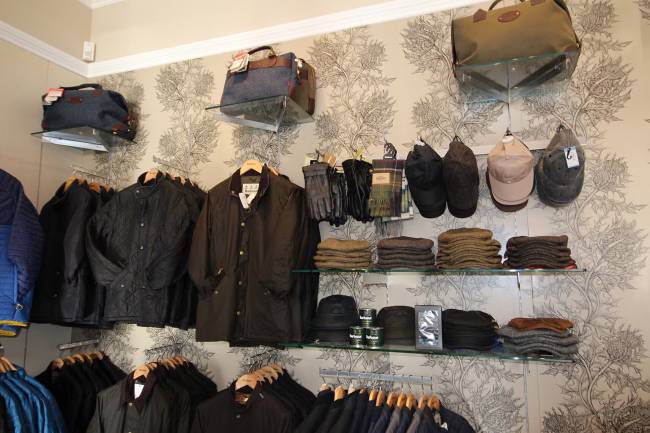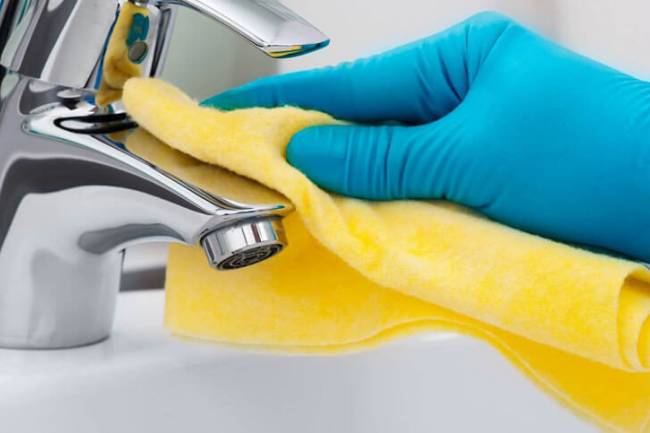Why Is It Called Marine Battery Cable?
Unless you are an electrical engineer or have spent some appreciable amount of time aboard a boat or otherwise in a marine environment, you may never so much as heard the words “marine battery cable.” That much is fine, as many people, like yourself, have probably not heard the term either. Yet, you have heard of electricity, and therefore, we’re going to shed some light on what the term signifies, and what it matters.

Electricity is the flow of electrons, which brings with it a force. This force is used to power devices, appliances, machines and electronics. In order to get from one place to another, electricity generally has to flow along conductors, which are usually either in the form of a wire or a cable. Wire is a single strand, whereas cable is a number of strands braided together. Copper is probably the most commonly used conductor of electricity, although aluminum and gold are frequently used as well.
Boats, ships and other areas that are in close proximity to the coast have just as much need for electrical systems as buildings on dry land. Many boats rely on electrical power for their engines, navigation systems, and to power their lighting and other appliances on board. Yet, boats operate in one of the most corrosive and destructive environments on this planet - marine environments.
The ocean is not only destructive because it is in a constant state of motion and is prone to storms, but because its water is highly chemically reactive. Copper, unfortunately, is also highly chemically reactive. If you have ever seen what happens to exposed copper in a marine environment, you can probably guess that it would produce at least a few challenges to the electrical systems on ships.
Therefore, marine battery cable, though it is made of copper conductors, is not only insulated to protect the wires, but the wire strands themselves are individually tin plated in order to protect the copper underneath from the ravaging influence of corrosive salt water. The tinned copper stranding is much more able to resist corrosion than bare copper; in fact, bare, exposed copper would be cooked (figuratively) in relatively short order, in a marine environment.
Yet there is another aspect of marine grade battery cable that uniquely suits it to be able to resist the influences of the ocean. As mentioned immediately previously, the ocean is chemically reactive. At the same time, the water is in a constant state of motion, as are the vessels upon it. Even without the influence of the motion of water, the ships themselves may be constantly vibrating due to feedback from the engines, and moreover, space comes at a premium. This means that marine grade wires and cables must negotiate very tight recesses aboard ships. In all of these situations, a high degree of flexibility is extremely desirable.
Therefore, to ensure a high degree of flexibility, high quality marine battery cable is made up of an extraordinarily high number of thin, individual strands of copper in order to be able to put up with the motion of the ocean, the vibration of the vessel, and to fit in and around tight confines. These two traits, among all other things, suit marine grade cables to their usage about boats and ships.
If you’re looking for marine grade battery cables and wire, then your best bet is to visit the specialists at EWCSWire.com. EWCS Wire offers a robust collection not only of specialty wires but also building wire and cables for a number of projects. To learn more about what they offer, visit their website, listed above, or contact their team at 800-262-1598.
For more information about 4 Awg Welding Cable and Security Alarm Cable Please visit : Electric Wire & Cable Specialists (EWCS).













